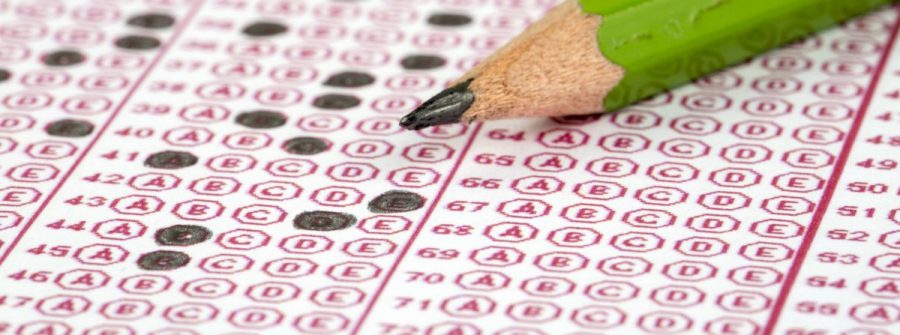Greylock Seniors Navigate College Admissions Process
This fall, the senior class of 2021 has begun to embark on the college admissions process. But this year’s process may look a bit different from years past: many students have not had the chance to tour schools in person or to participate in extracurriculars that could boost their resume. Perhaps the biggest difference, though, is the various changes in many colleges’ standardized testing policies.
Increasingly throughout 2019 and 2020, colleges have either permanently or temporarily dropped SAT-ACT test requirements. Schools such as Williams, Pomona, and the entirety of the University of California system have dropped SAT requirements for the class of 2025
While in part due to COVID-19, universities shifting to non-compulsory standardized testing hints towards a much larger trend occurring in the past couple of years. Many assessment reformers and student representative groups, such as Student Voice, have been advocating for colleges to go test optional for good.
Mount Greylock math teacher Robert Thistle sees both sides of the argument: “On one hand, the SATs are good [for our students] because we are a really strong school at Mount Greylock”
Although the College Board and ACT Inc. have repeatedly stated that the tests are an adequate representation of a student’s academic profile, there are some teachers and students who do not align with this assertion.
Both pre-pandemic and current criticism of the SAT requirement is rooted in its value of a singular test score over a holistic view of a student’s academic ability.
Mount Greylock graduate (class of 2020) Lucy Shepherd said, “[the SAT] hurts most kids’ profiles.” Shepherd currently attends Pitzer College, a school with a roughly 12% acceptance rate and no SAT or ACT submission requirements.
“Nobody should be solely judged from a test that you have to wake up at seven A.M. on a Saturday for and take for three hours.” Shepherd said. “That’s ridiculous.”
Some students also have a hard time displaying their skills through such a test. Mr. Thistle said, “I’ve had many students over the years who are good students, but not great standardized test takers…I don’t think that makes them any less valuable or [any less] viable candidates to some of these schools. We are not all strong at everything.”
Standardized testing has been made even more controversial throughout COVID-19. The College Board has continuously had to cancel testing dates at locations within the district throughout the spring, summer, and fall of 2020.
Students expressed frustration over both the lack of testing dates and communication from the College Board. Senior Erin O’Keefe said, “We haven’t had a ton of information come out.” At the time of the interview, O’Keefe had received news the day prior that yet another test location had been canceled.
The cancellation of many SAT dates has caused issues for those planning to apply early to schools that have not been made test optional.
“A lot of us have only been able to register at PHS and Mount Anthony, but I think all of those have been canceled so far.” said O’Keefe. “The soonest SAT is November 7th and most early-action/early-decision applications are due on November 1st .”
Senior Will Starenko said, “The weekend that I was scheduled to [take the SATs] COVID hit so I couldn’t. Every time I’ve signed up since then its gotten cancelled, so my parents just decided with the guidance counselors that I should just focus on my Williams classes this semester and not have worry about taking the SAT.”
Delaney Babcock, a senior who has also opted out of taking the SAT, said, “Well, they were not an option for a really long time. And then, I think that they started up back in August or September, and I’ve just had so much going on with getting back into regular school and sports and setting up of programs outside of school that I decided to push it off a little bit farther.”
The confusion surrounding test dates and cancellations has changed many students opinions on standardized testing. O’Keefe said, “In the past I would have said it is good to have them if you’re a bigger school because it’s an easier way to narrow down students and compare them, but this year in particular I think it’s kind of important that they don’t have them as a requirement.”
O’Keefe continued: “So many students have not been able to take them or not been able to take them multiple times. It’s going to be more important for [colleges] to look for other ways to evaluate who they’re going to admit.”

Lucy loves to play soccer and run track. She also enjoys reading and writing.






